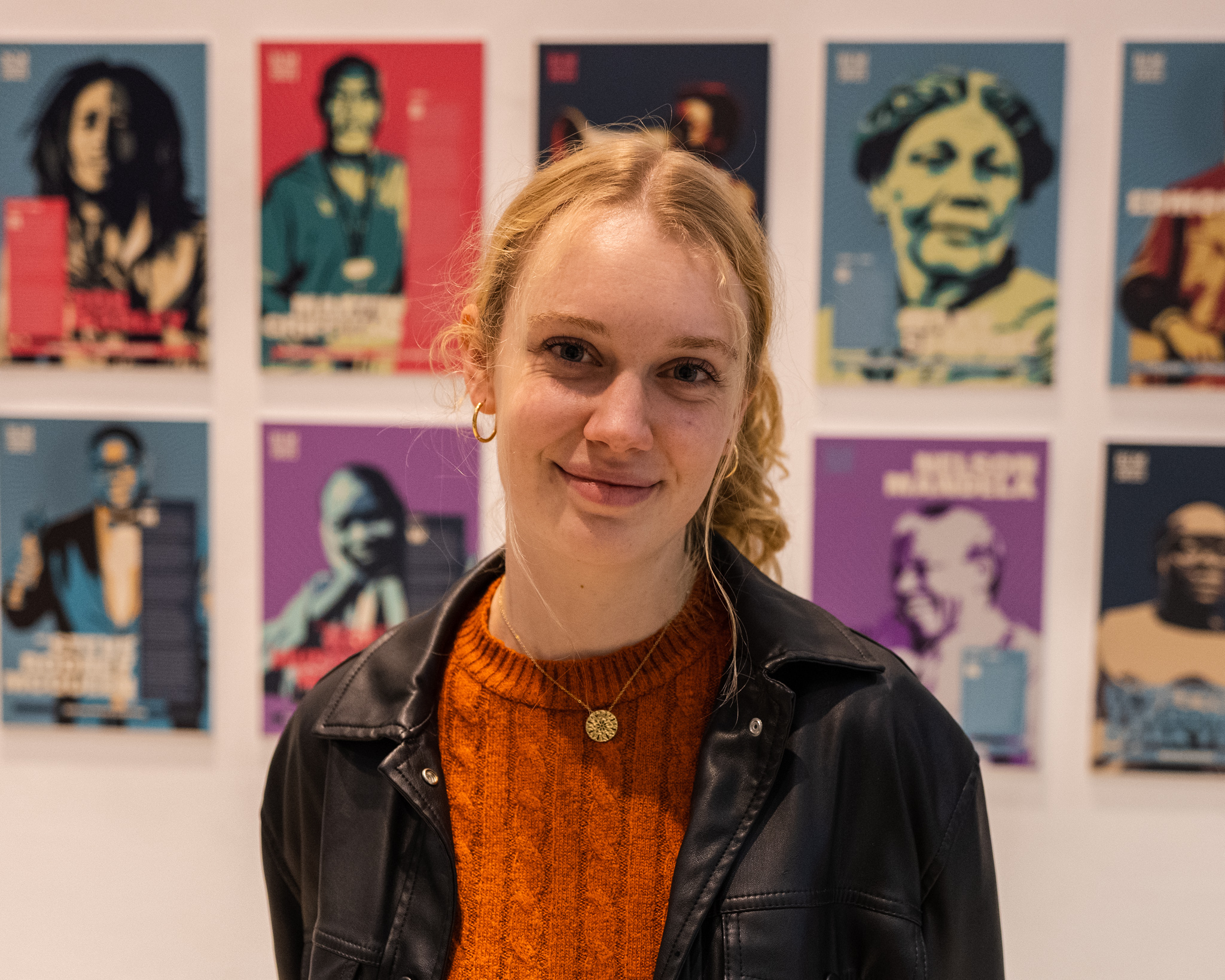Ninog is completing the bi-lingual and bi-national programme at The University of Kent offered in partnership with the Institut d’Etudes Politiques (IEP). The opportunity to study abroad has been a great experience – it’s given Ninog the opportunity to learn new cultures, develop new skills, and will open doors to a range of job opportunities.
Why did you choose to study a Bi-diplôme?
I was very interest in this Bi-diplôme because it allowed me to have a bilingual study experience. I thought that studying two years in a foreign country would allow me to really experience the student life there. I also wanted to compare the study methods between two countries, especially since France and the UK have two very different approaches to studies. It was also a great opportunity to perfect my English and learn more about the culture here.
How did you choose what to do?
In France, modules are compulsory, you aren’t allowed to choose modules like you can in the UK. However, you do more subjects surrounding the field of social science. I had modules in sociology, history, economy, language, social science, current events, law, and international relations. The workload felt more demanding than at the University of Kent as we covered a lot more material and subjects. In the UK, we study at the University of Kent where we can choose our modules like any other Politics student.
What was your favourite memory?
Despite being in the middle of the covid crisis, I still enjoyed exploring one of the main student cities in France. It’s a beautiful city and you can go everywhere by foot. In France, it is also more common to live in a small apartment for students. Student campuses are very rare. It is definitely different to live alone in an apartment in a city centre, but I really enjoyed this experience.
What about academic or study support?
There are study support systems available, but I would say you have to go to them rather than they come to you. Science Po Lille organises a lot of conferences with guest speakers about current issues. It’s a great opportunity if you want to learn more about current world events and meet interesting people. They also organise conferences with alumni to talk about careers. Lastly, they bring in recruiting advisers to give students one-on-one advice on their CV and motivation letter, which is very useful.
What skills have you developed for the workplace?
I would say that I’ve developed an understanding of complex issues. I’ve acquired reading skills, as well as decision making, researching and co-working skills. Lastly, I’ve also learned to approach a situation with empathy and willingness to consider all sides of an issue.
How has your degree helped your career prospects?
This Bi-diplôme is very multidisciplinary and opens us up to world issues. As this is quite an intense course, it is highly regarded and can open doors to many job opportunities.
What do you want to do in the future?
I’m not sure yet. The advantage of this degree is that it can lead to a lot of careers. For now, I’m interested in the development of the humanitarian sector. However, since the five years include two years at Masters level, this extra study will give me more insight into the possible careers. I know I still have time before I need to decide.
What advice would you give to a prospective student considering taking a Bi-diplôme?
Go for it. It’s a great experience. Five years might seem like a long time at first, but it goes by really fast. You do need to be fluent in French and English for this course. You also need to have good reading and organisational skills. My main advice would be that you have to be ready to adapt to different cultures and be open minded and willing to meet new people.
Ninog Jouanno is currently studying Politics and International Relations ((Bi-diplôme) – BA (Hons).

